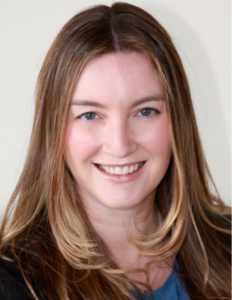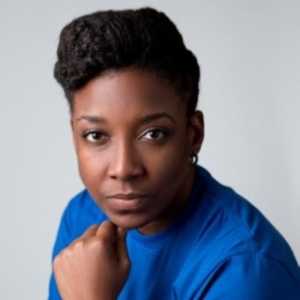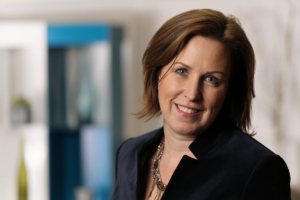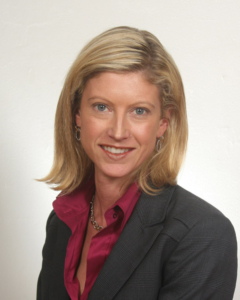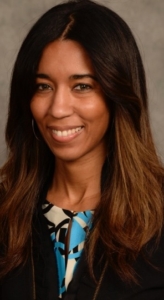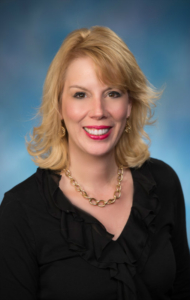 Success comes from two major strengths, believes Karyn Cavanaugh, CFA and senior market strategist in Voya’s Multi-Asset Strategies and Solutions (MASS) group. “Work hard, but be nice. People work with those whom they like to work with, so be that person. Then back it up with competence. Be the person who does what needs to get done,” Cavanaugh says. This approach has served her well. Even though she was never actively jockeying for position, she has a reputation as someone who did more than was needed, always moving the ball forward.
Success comes from two major strengths, believes Karyn Cavanaugh, CFA and senior market strategist in Voya’s Multi-Asset Strategies and Solutions (MASS) group. “Work hard, but be nice. People work with those whom they like to work with, so be that person. Then back it up with competence. Be the person who does what needs to get done,” Cavanaugh says. This approach has served her well. Even though she was never actively jockeying for position, she has a reputation as someone who did more than was needed, always moving the ball forward.
Cavanaugh admits her career path was not as linear as most. She says she spent her 20’s “making money and having fun,” as a consultant. She then had three children in three years, so her priority was juggling that with work. At the age of 40, when her youngest started school, she realized it was time to focus on her next move down the career path she wanted. She took a position in internal business development, using her finance background, and then the recession hit.
“My whole group was kicked out, and that’s when I figured out the importance of networking,” she says. Although she had actively participated in groups for fellow University of Connecticut alumni and Chartered Financial Analysts®, she admits that “it was a brutal time.”
At the same time, Cavanaugh saw a chance to reinvent herself. “I realized I’m a finance person, and my other career paths hadn’t been as fulfilling because, deep down, I’m an investment person who loves looking at the market and following economics.”
By happenstance, she ran into a colleague who had hired her right out of college, who was working for ING (now Voya). He remembered she had been both smart and a good worker, and took a chance on her.
Together, they created and evolved the Global Perspectives program, parlaying $40,000 they had been given in seed money into $750,000,000 over four years. Cavanaugh routinely appears on CNBC, Fox Business News, Market Watch, NPR and other shows as a spokesperson for Voya. For Cavanaugh, it’s a dream position. “I get to manage a portfolio and share my views on the market,” she says. “Things do work out if you work hard.”
Right now, she is most excited about continuing to grow the assets under management and build wealth for the investors. The current volatile market has made her portfolio shine, she says, because it focuses on mitigating risk. “In this type of market, people realize they need professional advice and management,” she says.
The Myth of Corporate Drama
Corporate America hardly lived up to Cavanaugh’s worst fears, where she pictured a back-stabbing TV drama. “The reality is most people just want to do great work, do their job successfully and go home. They do want to help each other.” That’s been a welcome realization that has been confirmed with the wonderful managers she’s had at Voya.
She appreciates the mentorship she receives more than most because much of her early career was spent as an hourly consultant. “My work was well respected and appreciated, but it was different than working for a corporation,” she says. “I didn’t have a clear career path or someone who was watching out to promote me.”
She says that her role models are “all the women who came before me on Wall Street.” When her son was recently accepted at the University of South Carolina, she suggested he research Darla Moore, after whom the business school is named. One of the original female Wall Street pioneers in the 1980s, Moore left South Carolina in her grandma’s car and took the whole industry by storm.
“Women like that blazed the trail and made Wall Street accessible to all women,” Cavanaugh says.
Anything Can Happen
The biggest career lesson that Cavanaugh learned came when she was laid off. “Even if you do everything right, even if you are a good employee, it can happen to you,” she says.
She feels fortunate that she had paved the way for her future success and credits earning her CFA designation as one of her wisest moves. Although she describes the program as “three years of hell,” — only about 20 percent of those who start ever finish – the designation adds an unprecedented layer of credibility as the gold standard in portfolio management. “I’m happy that I had the sense to do it as it has paid off over the years,” she says.
The CFA society provides a key networking niche for her, and she has been active as a president and board member. “It’s easy to get into your own silo and the CFA society provides excellent networking and educational opportunities.” She says she wishes more women would earn the designation since it’s a vital stepping stone to establishing credibility in the investment world.
Becoming Part of the Charleston Community
Since relocating to Charleston, Cavanaugh has mentored local women starting an investment club, helping them learn how to research companies, decipher P/E ratios and sharing her investment knowledge.
Cavanaugh seeks out anything related to the water – crabbing, fishing, boating and beaching. Her three teens keep her busy, and the whole family loves to travel. Most recently they went snorkeling in St. Thomas, and she has taken her daughters to Paris.
She loves living in Charleston and has a goal of trying a different restaurant every time she goes out. “l have become an aficionado of the best shrimp and grits,” she says.

